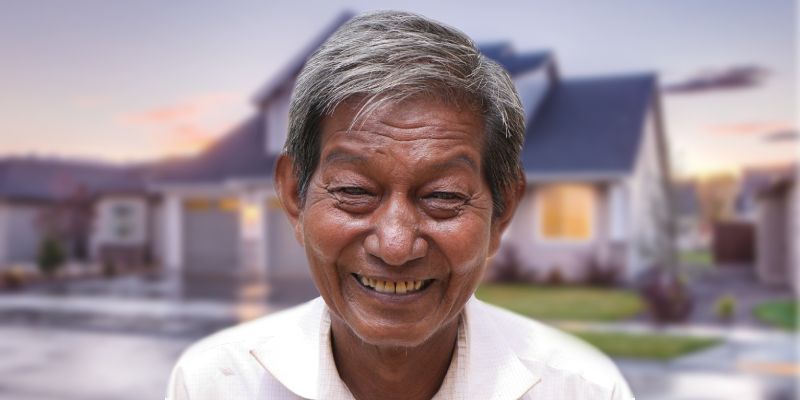Many people are able to find meaning through music. As noted in a study published by the National Institutes of Health (NIH), researchers determined that humans listen to music to regulate their mood, achieve self-awareness, promote self-expression, and to enhance social relatedness. For aging adults, especially those who have limited mobility, music can offer a wonderful outlet.
It is important that vulnerable older adults get access to the environment that they need to live a healthy, happy life. Some older adults, including beneficiaries of DOL EEOICPA or RECA, may qualify for free home healthcare services. Of course, as a family member, there is a lot that you can do to improve your aging loved one’s quality of life even if you do not have a professional healthcare background. Something as simple as helping your loved one connect with music can offer major benefits.
Music Can Improve Mood and Quality of Life
Listening to music improves mood and overall quality of life. In more than two dozen independent research trials, scientists have consistently found that there is a strong link between music and positive emotions. Perhaps somewhat counterintuitively, people were even able to improve their mood by listening to ‘sad’ music when they felt connected with it.
Notably, the positive effects of music last far longer than most people realize. Everyone has probably experienced the ‘jolt’ of positive energy that you get from listening to a great song at just the right moment. You may not be aware of just how long your body and mind feel those effects: According to a study published in the Journal of Positive Psychology, the positive feelings linked to music can persist for up to two weeks.
Music Can Help With Memory Enhancement
Music stimulates the mind in many different ways. Listening to music provides deeper benefits than just ‘feeling good’ — though that benefit is obviously important in its own right. Beyond that, music has been linked to memory enhancement. It can help to reduce cognitive decline among senior citizens. On some level, you probably understand how helpful music can be with memory. How many songs do you know most of the lyrics to, despite having no idea who sings the song or what the song is called? Many experts even use music to help teach people new languages.

The Social Impact of Music
Finally, the social impact of music should not be overlooked. For senior citizens, listening to music can be a fundamentally connected activity. Whether that means going out to see a concert or outdoor performance or listening to old favorites at home with the family, music offers important social benefits. It helps people feel connected to their past and to their loved ones.
Explore Home Healthcare Services for Older Adults
At United Energy Workers Healthcare and Four Corners Health Care, we help EEOICPA and RECA beneficiaries get access to free home healthcare services. If your older family member previously worked in the nuclear weapons or uranium industry, they may qualify for benefits. To find out more information, please do not hesitate to contact our team today.